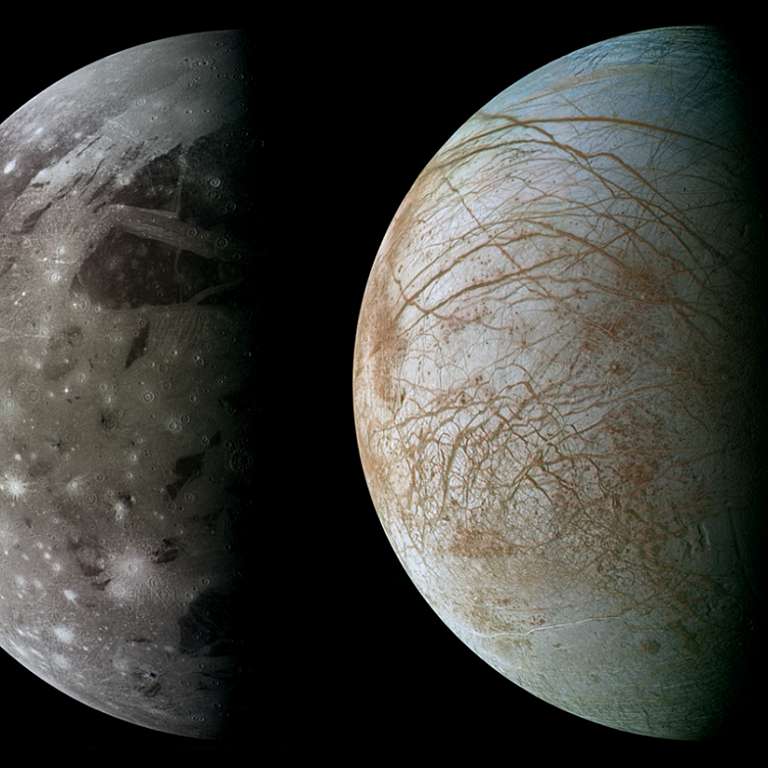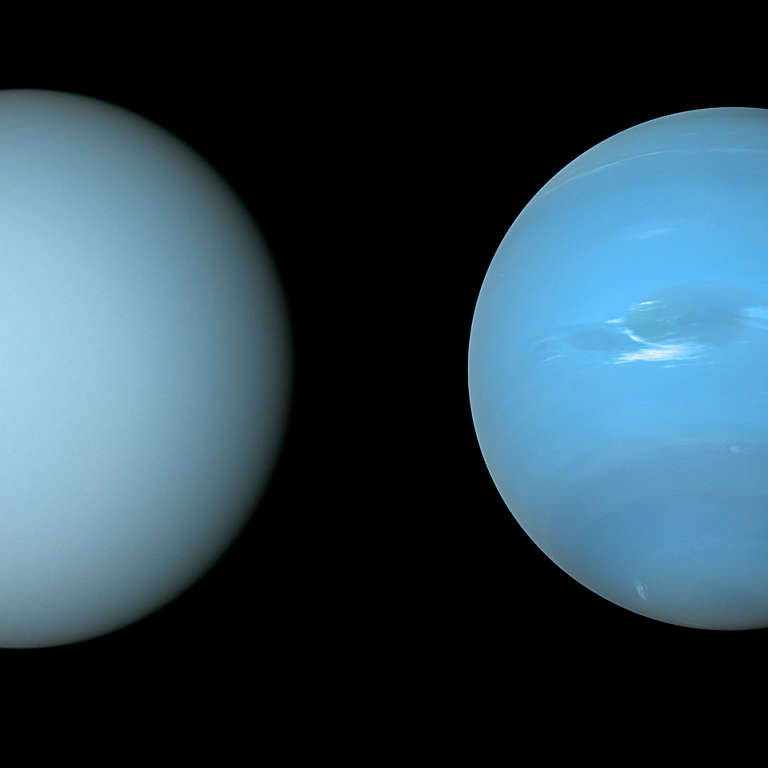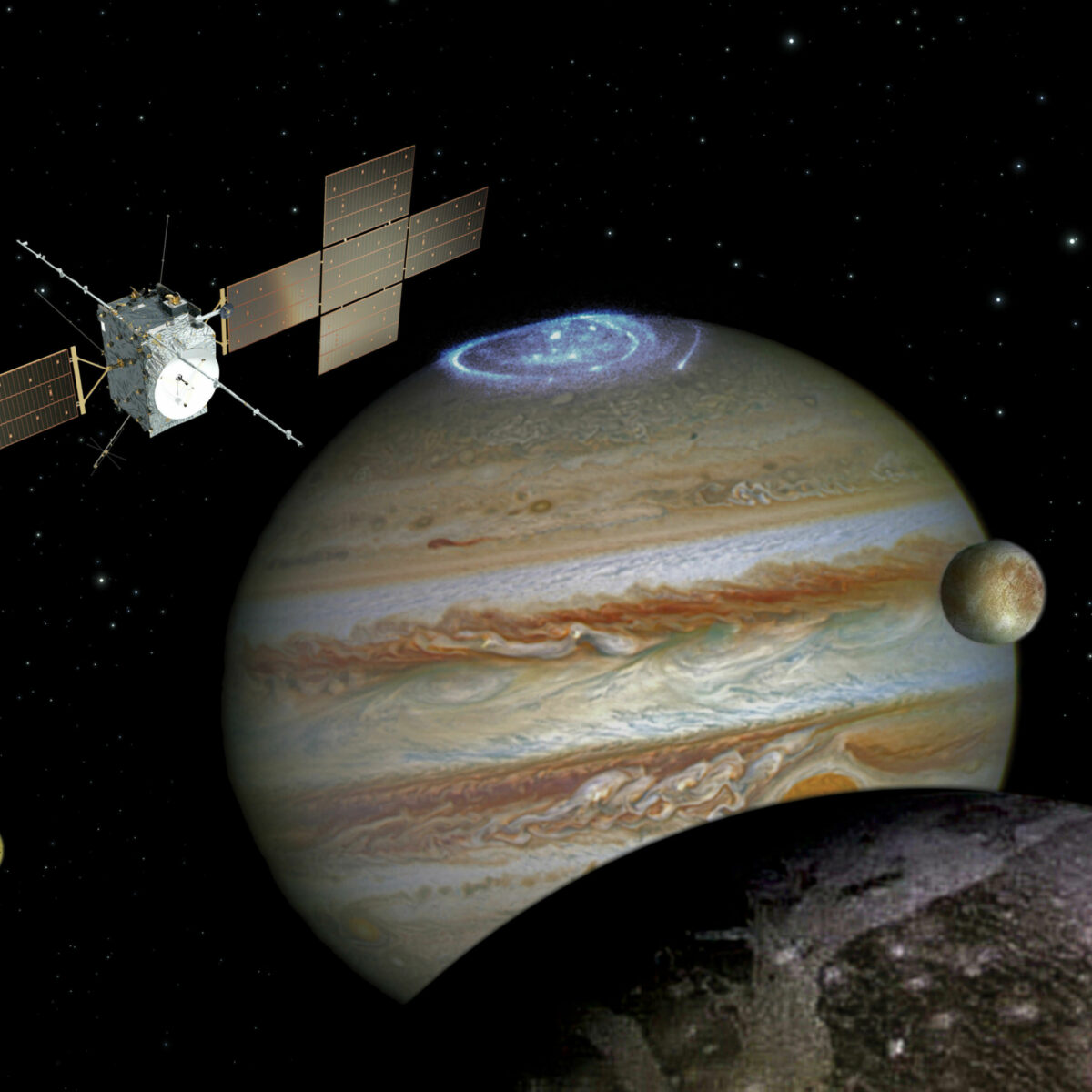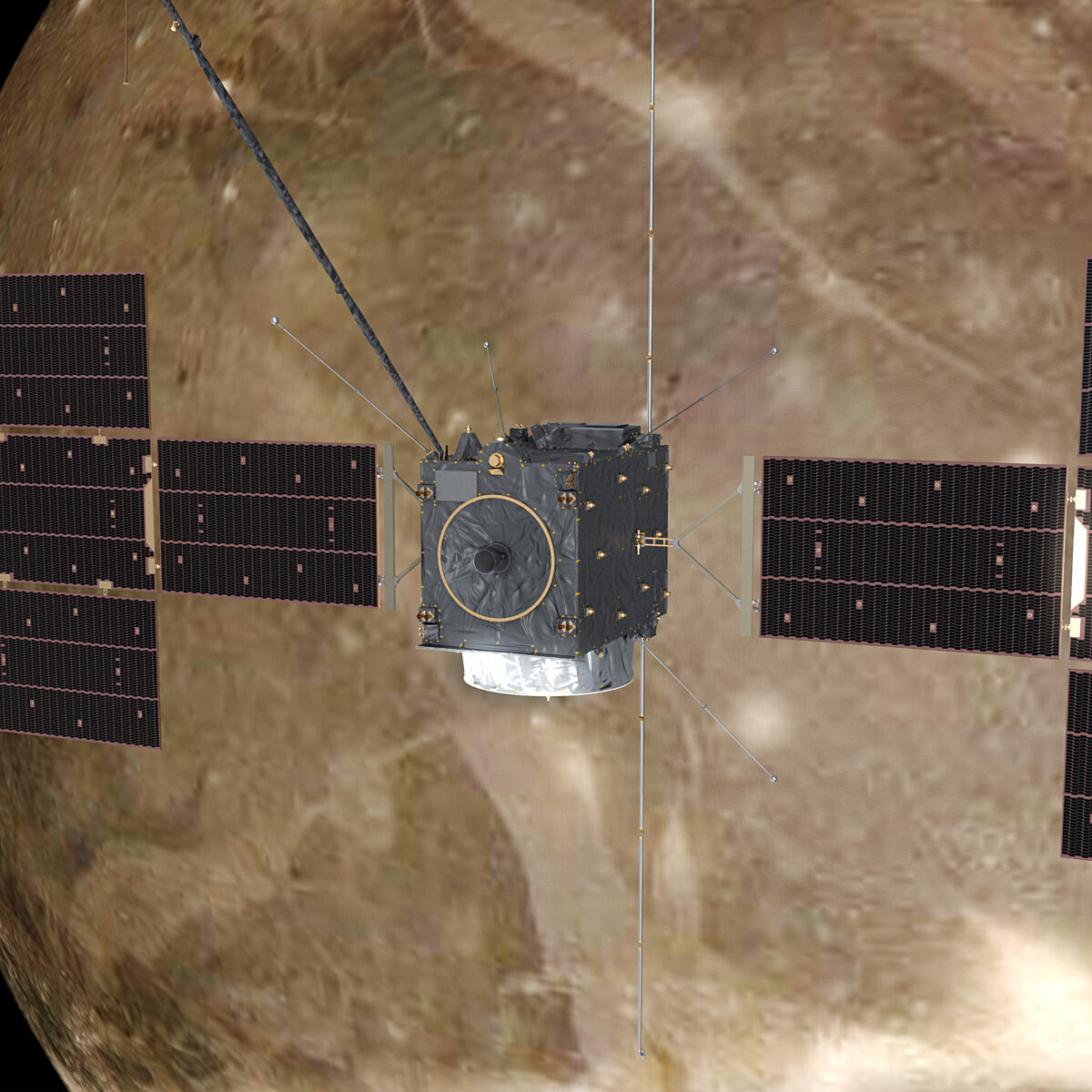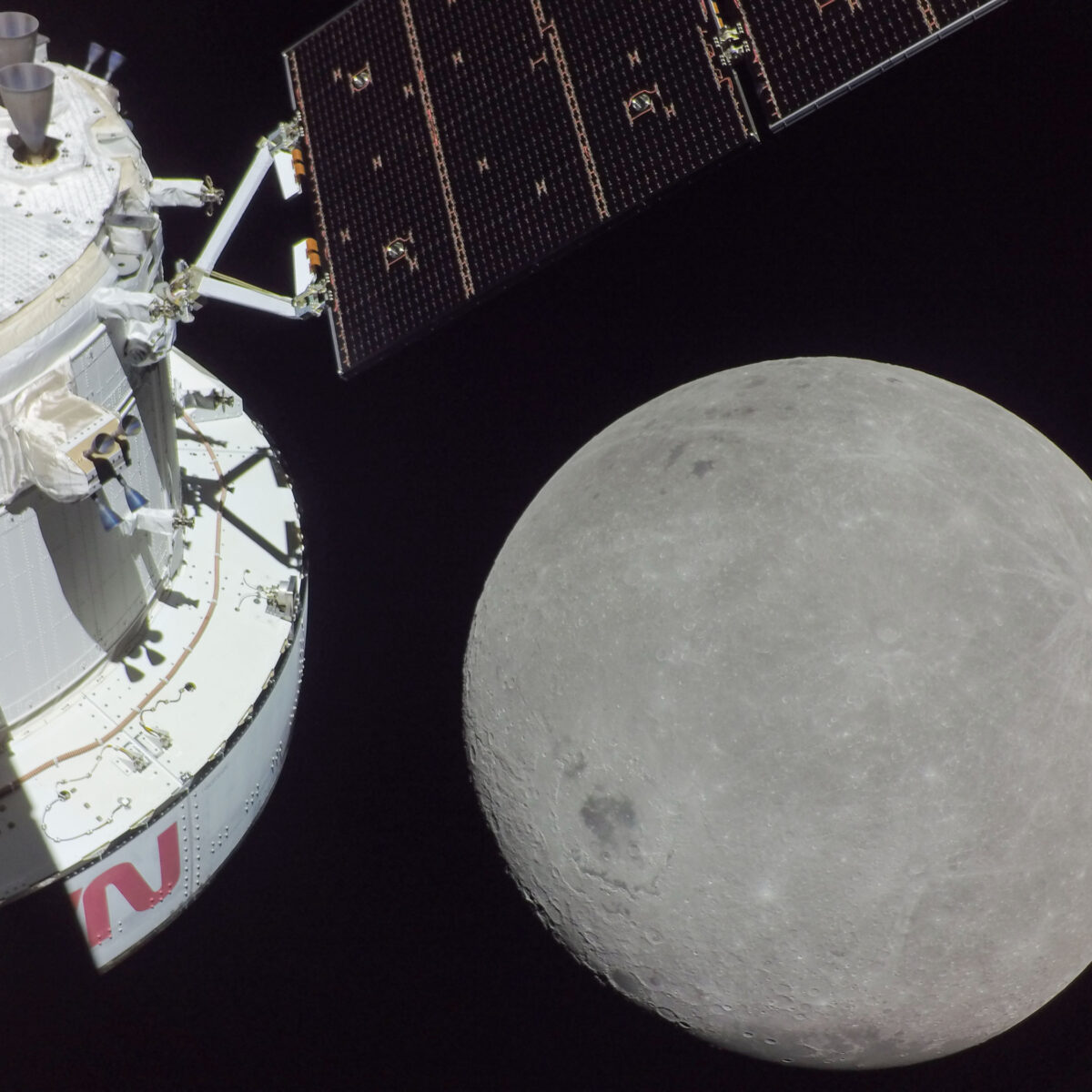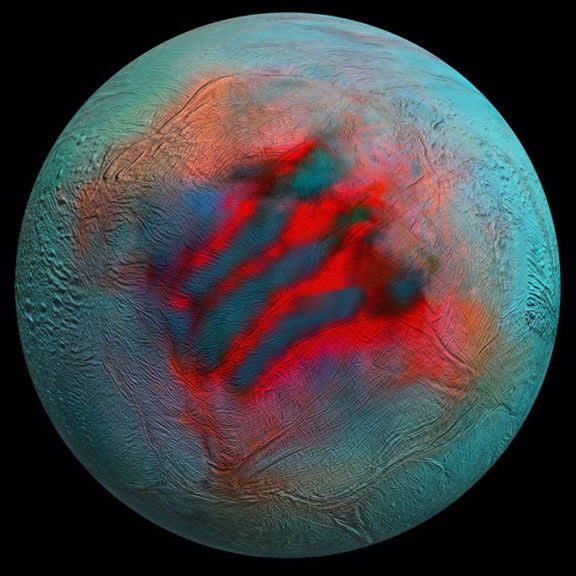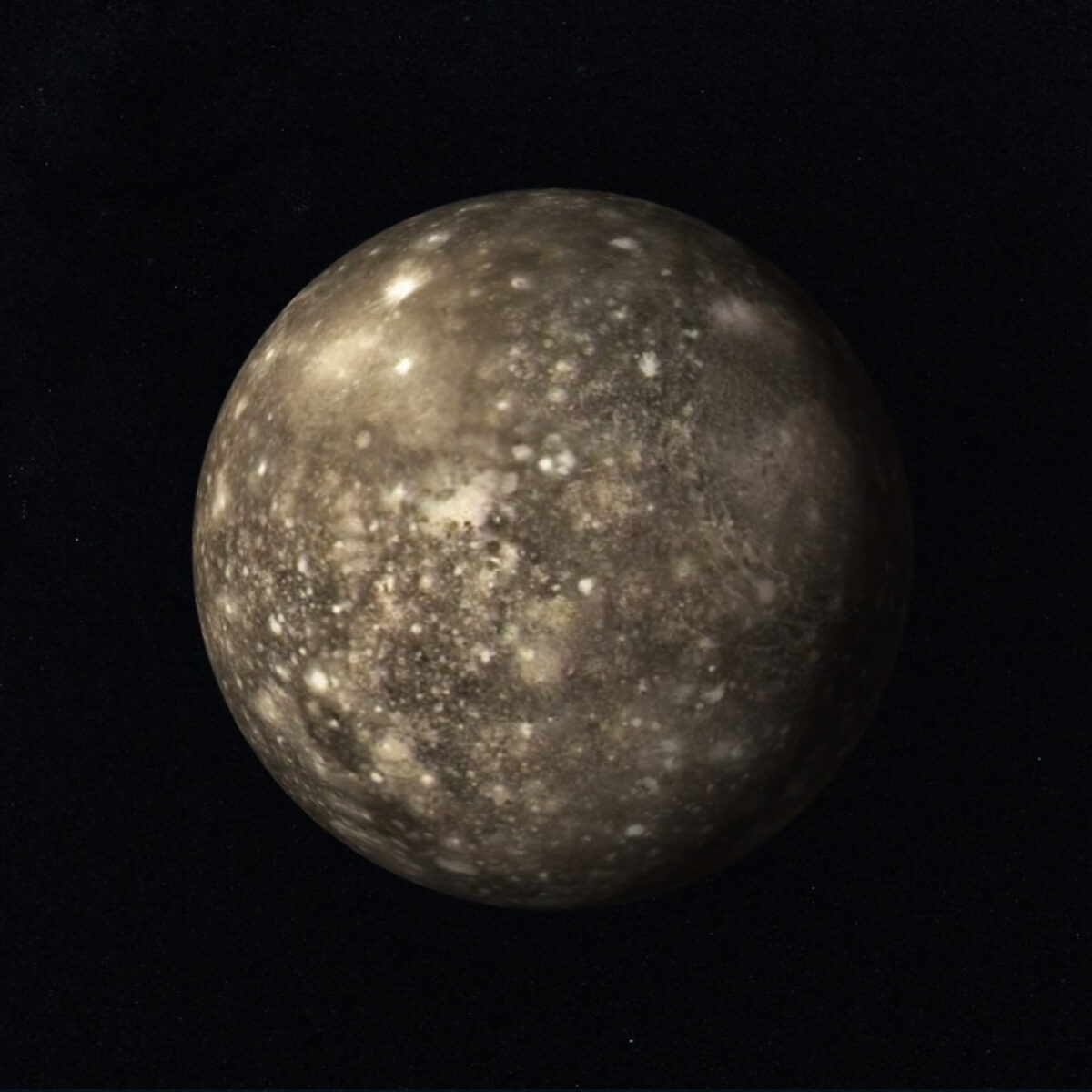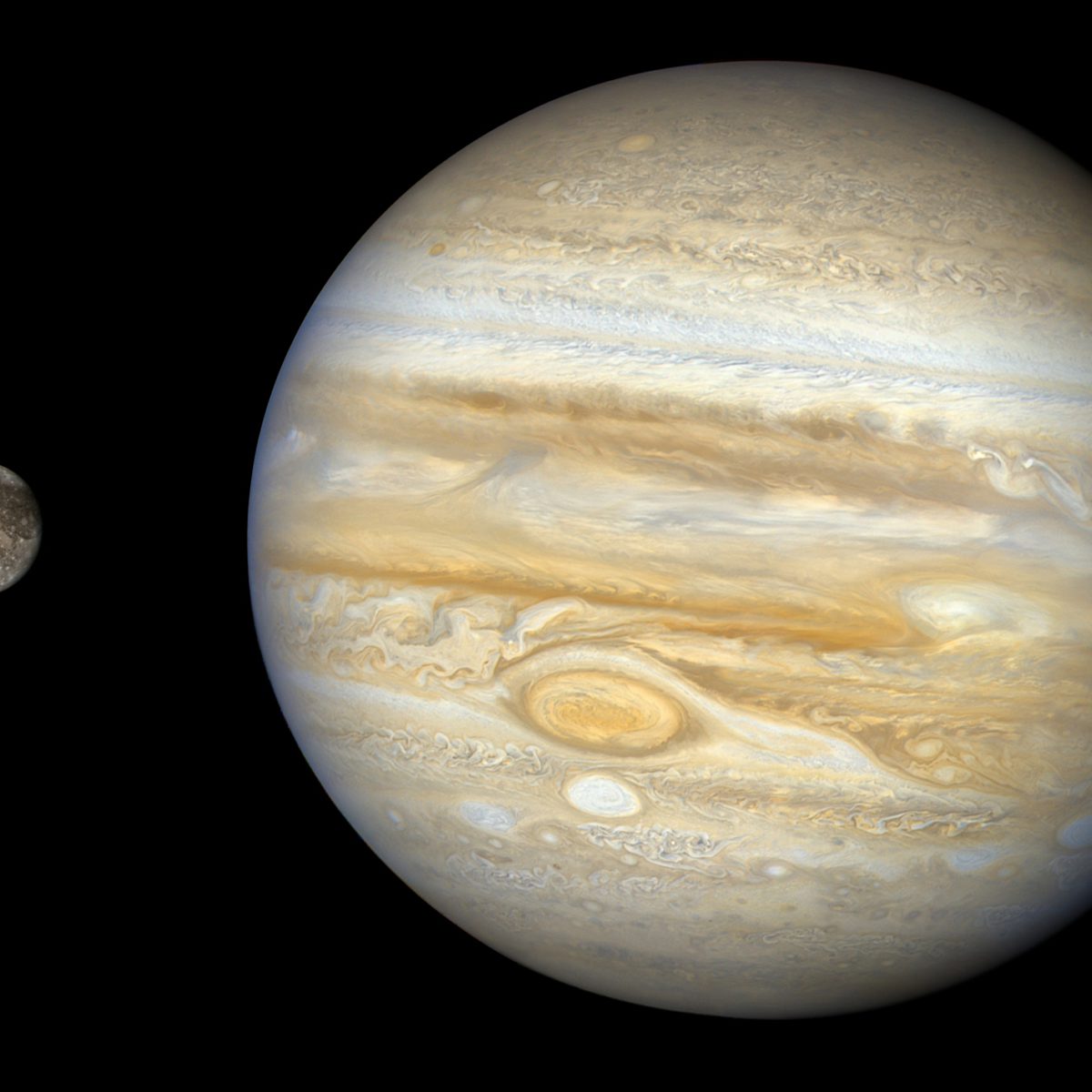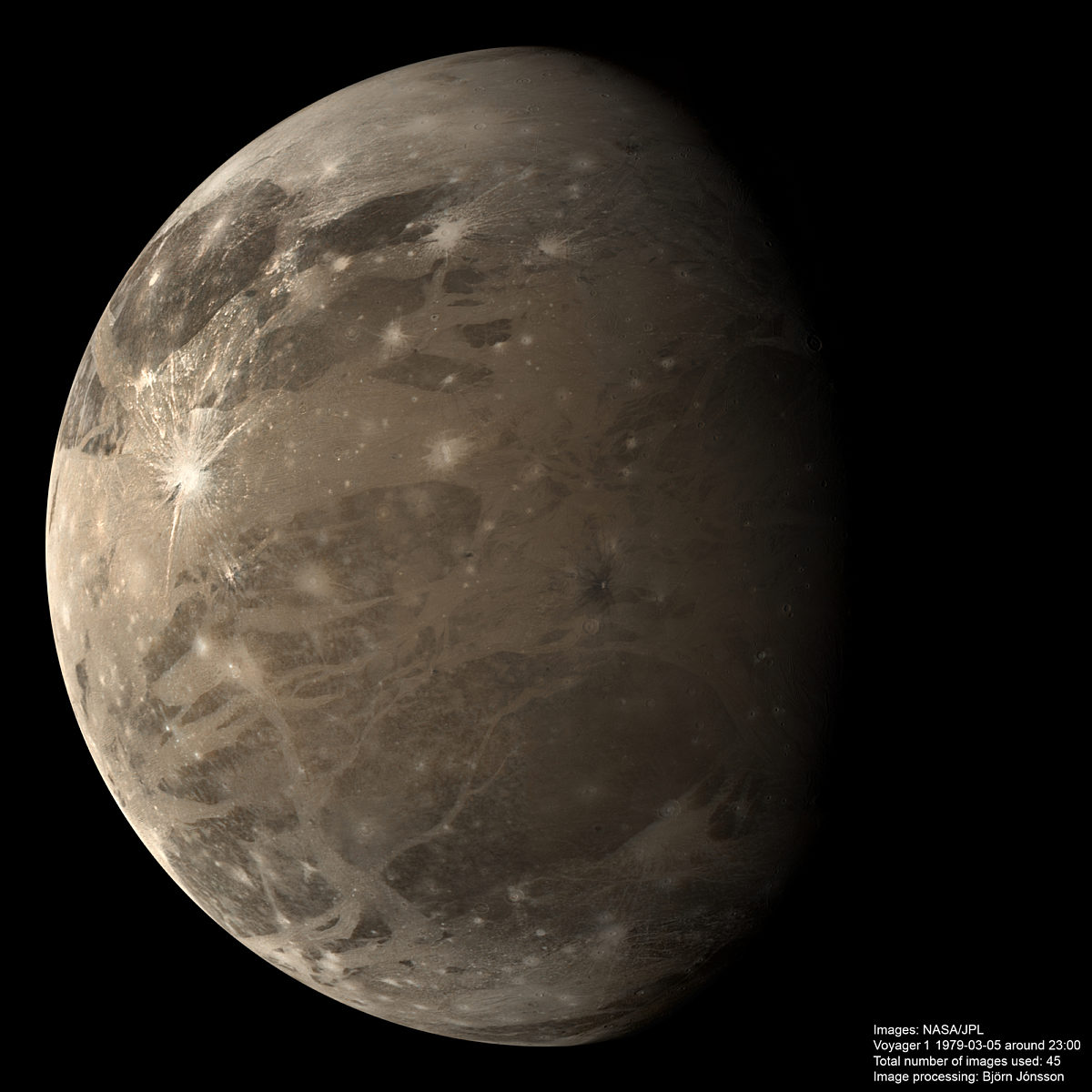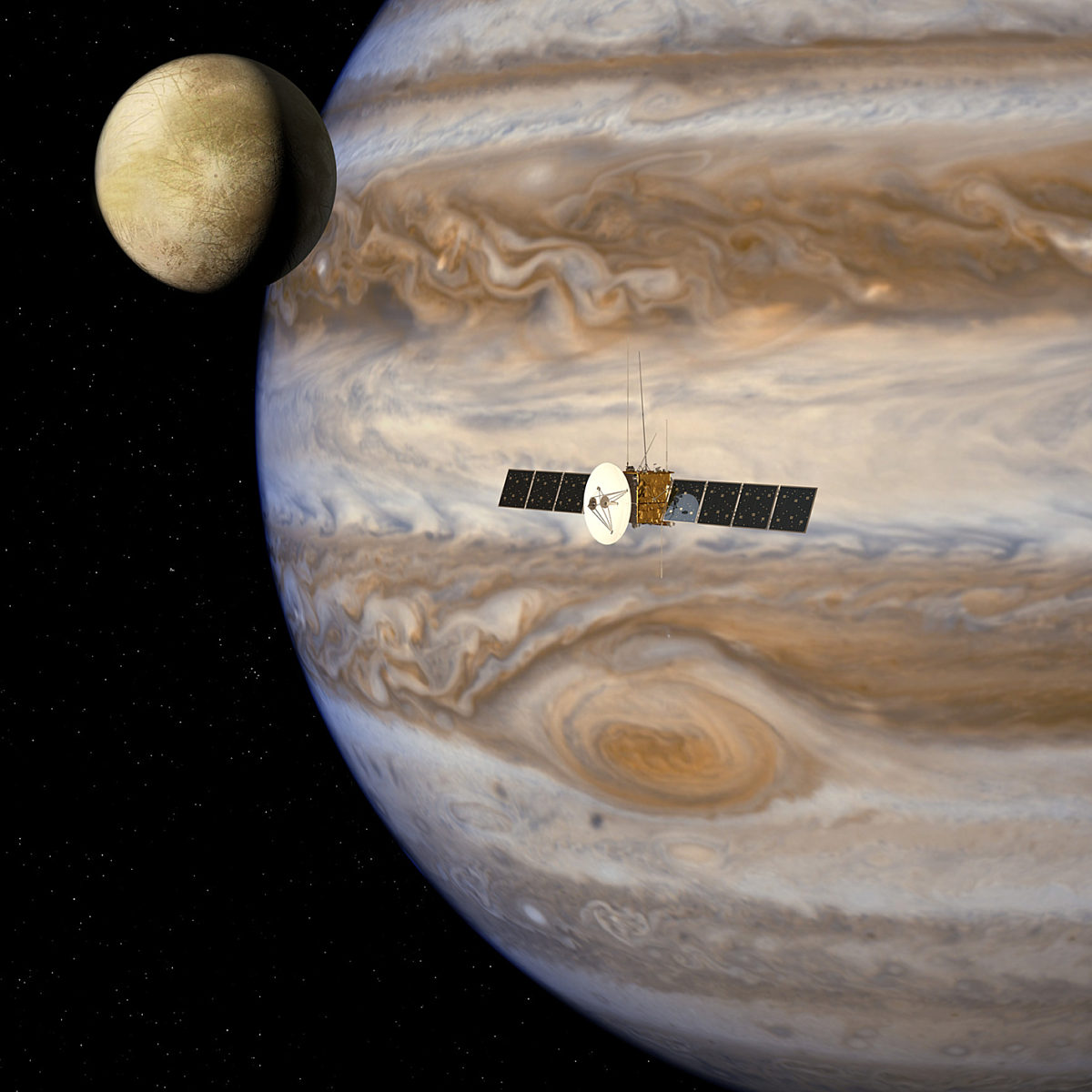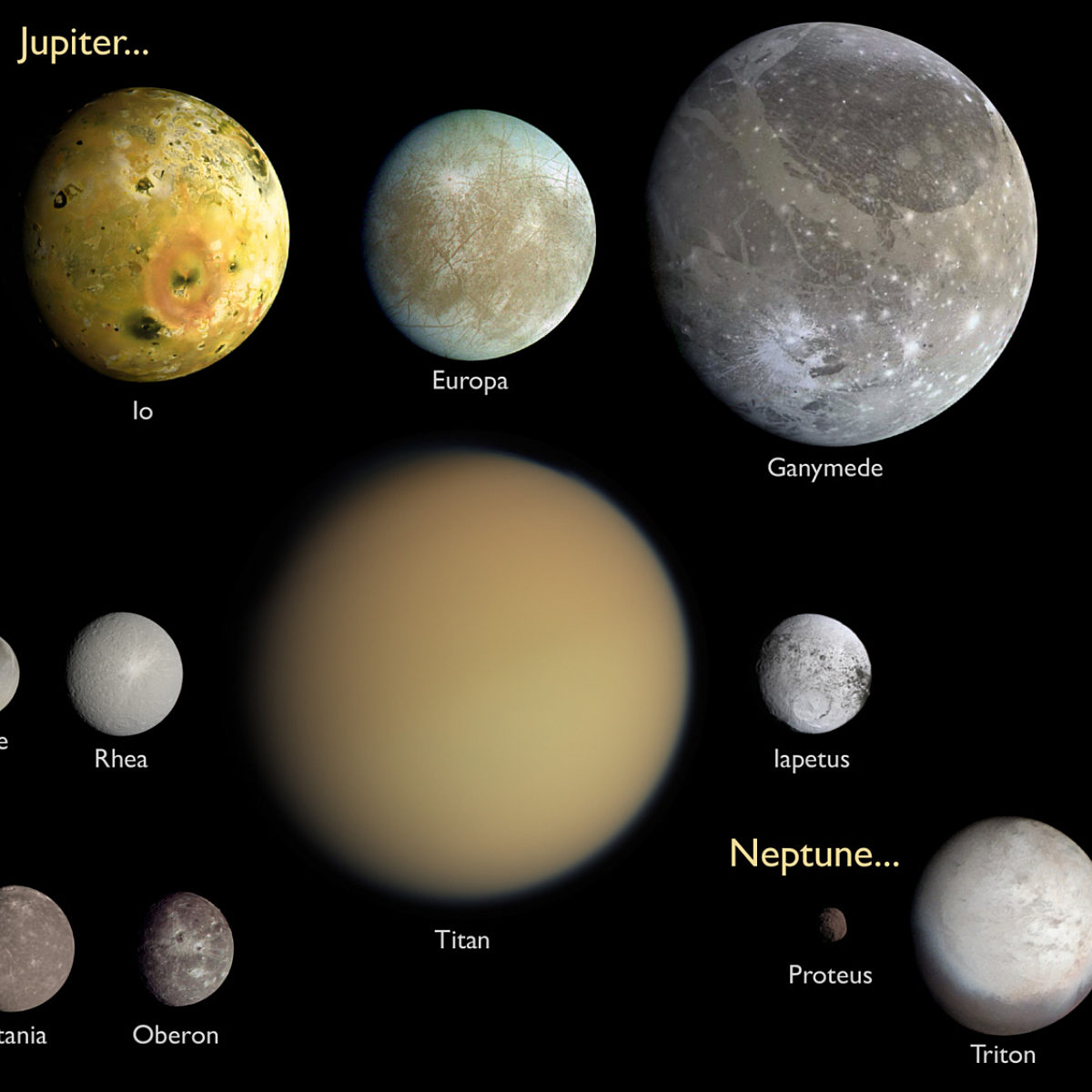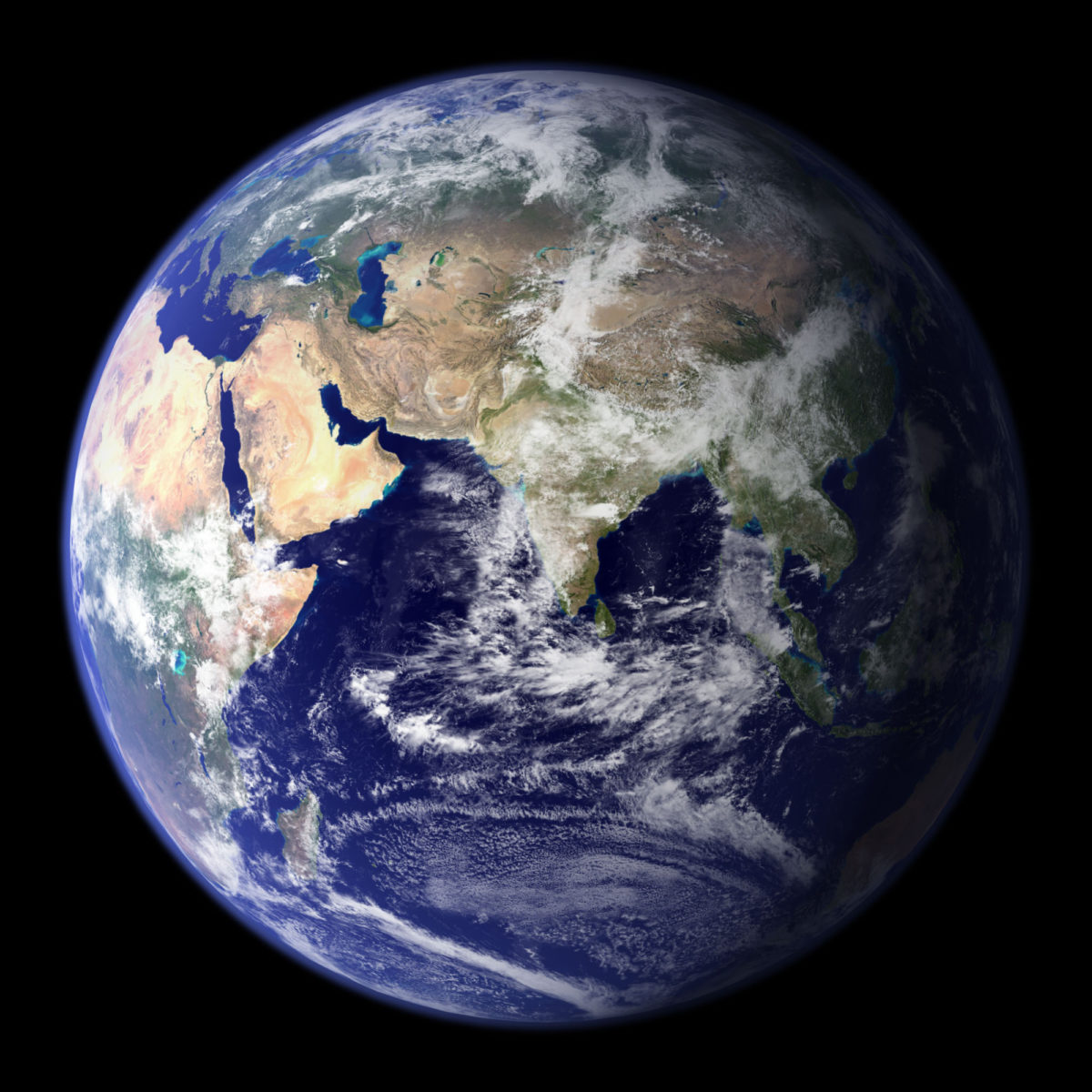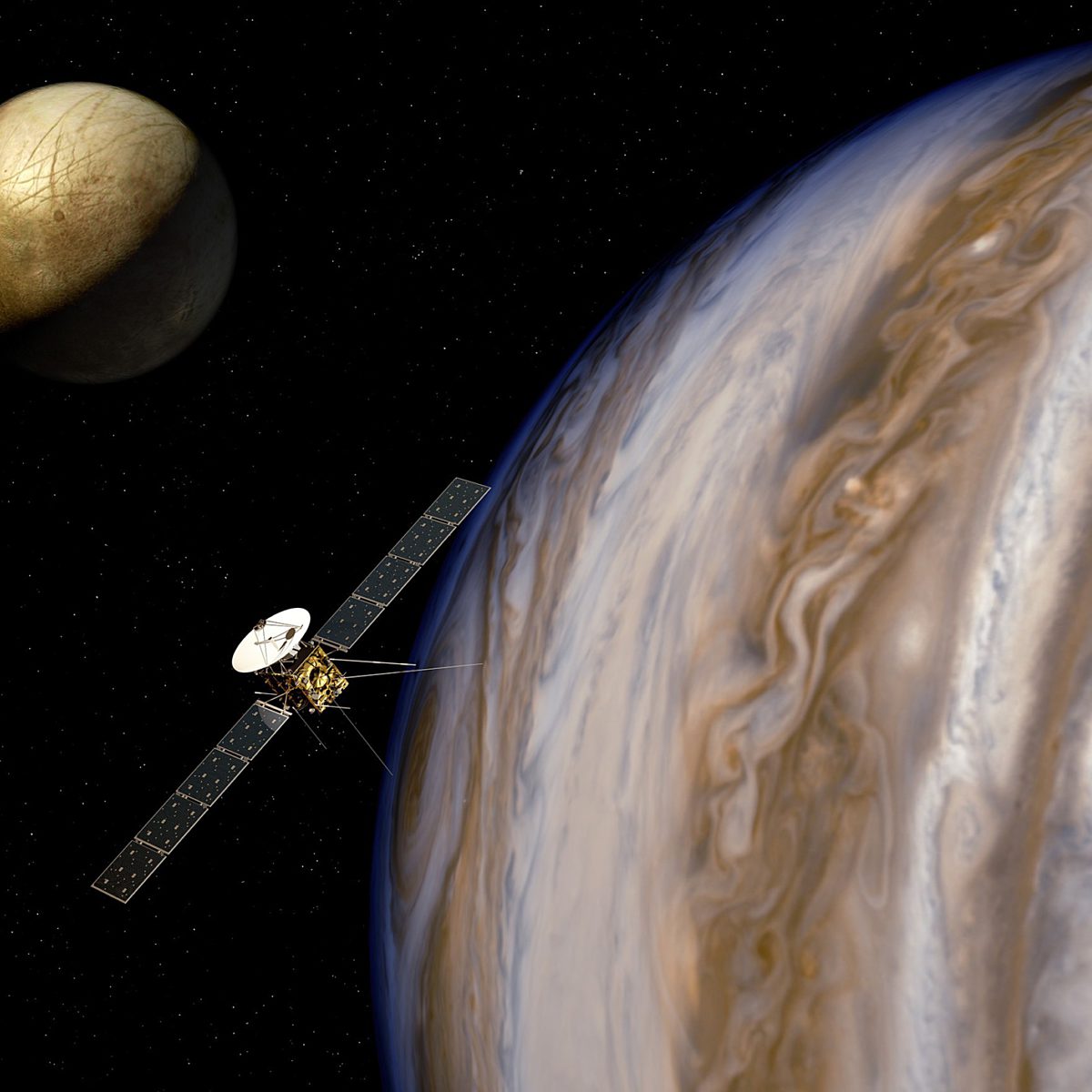All
All
Stories, updates, insights, and original analysis from The Planetary Society.
What are Jupiter’s Galilean moons?
An introduction to Jupiter's moons Io, Europa, Ganymede, and Callisto.
China's plans for outer Solar System exploration
A Callisto impactor, a Uranus flyby, and a dedicated ice giant orbiter could be on China’s planetary exploration horizon.
Juice launches on mission to explore Jupiter's icy moons
The spacecraft will explore Jupiter's moons Europa, Ganymede, and Callisto, all three of which may harbor subsurface oceans.
Juice launch and mission preview: What to expect
Juice is ready to launch on a mission to uncover the secrets of Jupiter's icy moons.
Best space pictures of the month: November 2022
NASA's chief of exploration mission planning Nujoud Merancy walks us through a picture from the Orion spacecraft.
Where are the ocean worlds in our solar system?
Ocean worlds are among the best candidates to search for life.
Space is always worth the wait
With space missions like JWST and Voyager, decades of development yield decades of discovery.
Jupiter Mission by China Could Include Callisto Landing
China plans to select one of two Jupiter mission concepts that would launch in 2029 and arrive in 2035.
Voyager Wide-Angle Views of Jupiter
Last month marked the 40th anniversary of the historic Voyager 1 encounter with Jupiter in 1979.
Moon Monday: Galileo's Galileans
This week it seems fitting to feature a portrait of the Galilean moons by Galileo.
#LPSC2018: Groovy Galilean satellites
The Jovian system is a busy place. The Groovy Galilean Satellites session at last week's Lunar and Planetary Science Conference (LPSC) covered analysis of past mission data, testable hypotheses for future missions, and discussion of the use of ground-based data.
Will Juno’s Instruments Observe the Moons of Jupiter?
It is not easy to observe Jupiter’s moons as more than points of light with Juno, because Juno will never get very close to any of the moons, but as its orbit shifts there will be opportunities to collect data on some of the moons.
Juno has arrived!
For a second time, NASA has placed a spacecraft into orbit at Jupiter. The spacecraft operated exactly according to plan, and Juno successfully entered orbit today, July 5, 2016, UTC
A peek at the JunoCam approach movie
We're now just about 12 hours away from Juno's Jupiter orbit insertion. As anticipation ramps up, NASA has released this sneak peek at JunoCam's approach movie, made of views of Jupiter and its largest moons shot during the final approach, up until about five days ago.
A moon with atmosphere
What is the solar system moon with the densest atmosphere? Most space fans know that the answer is Titan. A few of you might know that Triton's is the next densest. But what's the third? Fourth? Do any other moons even have atmospheres? In fact, they do; and one such atmosphere has just been discovered.
JUICE at Europa
Europe's JUICE spacecraft will provide us with a detailed regional study of this icy moon of Jupiter.
Scale comparisons of the solar system's major moons
A few presentation slides with pretty pictures, sized to scale, of the large moons of the solar system.
One Ocean World Among Many
I'm absolutely floored when I stop to think that our beautiful blue ocean is only one of perhaps a half dozen or more oceans on other worlds in our solar system, and only one of probably millions (or more) oceans on other Earth-like planets in our galaxy. Oceans abound!
Instruments for the JUICE Jovian Mission
The European Space Agency (ESA) announced the list of instruments selected for its JUICE mission to explore the Jovian system for three years starting in the 2030 following a 2022 launch.
Book Review: Atlas of the Galilean Satellites, by Paul Schenk
Not many subjects remain for which it is possible to assemble everything that we know about it in one book. Even for those subjects for which our knowledge is limited, knowledge seems always to be expanding exponentially. This is not true, however, for the Galilean satellites of Jupiter.


 Explore Worlds
Explore Worlds Find Life
Find Life Defend Earth
Defend Earth


 Sun
Sun Mercury
Mercury Venus
Venus Earth
Earth Mars
Mars Jupiter
Jupiter Saturn
Saturn Uranus
Uranus Neptune
Neptune Small Bodies
Small Bodies